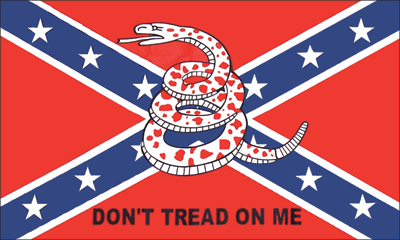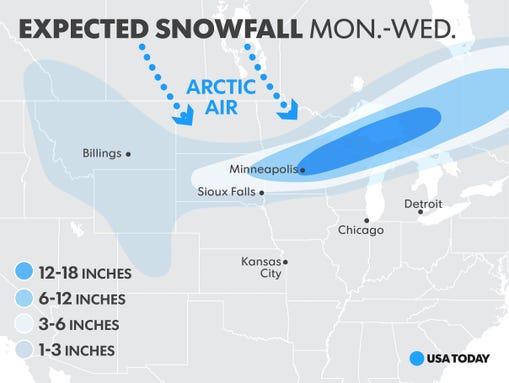Rembrandt’s phone rang at 3:15p.m. on a Saturday. He was on his way home from his grandson’s karate tournament, about 5 miles from his Mesa home.
It was Sassy. A BACA kid was in trouble.
Her road name is Music, and she’s 10. She belonged to a BACA chapter in another state but is now living in Arizona with her grandmother. That makes her Sassy’s and Rembrandt’s kid now.
Her abuser is in jail, but his family members had tracked the girl down in Arizona and were banging on the grandmother’s front door, demanding that she turn the girl over to them, shouting up at the second-floor window where the child was huddled in her bedroom. Her grandmother called BACA and then dialed 911.
The bikers know the drill well. Rembrandt called those who live closest to him – Rock, Uno and Fat Daddy. He stopped to change out of his grandpa clothes – shorts, T-shirt and sandals – and put on his biker garb – jeans, boots, leather vest, holster and handgun.
The bikers carry weapons on stakeouts only when there is a threat against a child and they feel that as citizens they also could be threatened. Otherwise, Rembrandt says, they do not wear weapons around children. He says most of the bikers are licensed to carry concealed weapons.
Rembrandt stuffed water bottles into his saddle bags and jumped on his 2000 purple-and-orange Indian Chief.
By 3:40 p.m., the four men were on their way to Music, the rumble of their bikes announcing their arrival. Music’s grandmother rushed outside when she heard them, hugging Rembrandt and giving him a piece of notebook paper with a description of the people and their license-plate number.
Sheriff’s deputies had been there, she said, and had escorted the people out of the neighborhood. But it is a public street, and law-enforcement officers just don’t have the manpower to stay for long. She feared that once the deputies left, the people would be back.
She was right. But when they did return later that evening, they saw something different: four big bikers, all wearing shades even in the dimming light, their motorcycles backed into the mouth of the driveway.
Rock had something resembling a cannon strapped to his leg; Rembrandt wore his gun on his hip.
To someone trying to mess with a little girl, a group of large, strong bikers sends a certain message, Rembrandt says. “It just has a different feel than a cop,” he says. More unpredictable, maybe.
“Cops are actually handcuffed by specific rules and laws that we are not. A cop has to work within a framework,” Rembrandt says. “You can flip off a cop. You don’t want to flip off Rock.” Just knowing that a biker doesn’t have to follow rules or honor boundaries can intimidate a person trying to make trouble.
That night, Music’s grandmother pitched a small tent in her granddaughter’s bedroom, right under the window, so the little girl could look out the window whenever she wanted to see the bikers at the end of the driveway.
Bikers guarded the house in shifts for the next 2 1/2 days. Some rode two hours from Tucson, kept watch for eight hours and then rode home again.
They talked in low voices, and once Music was asleep, the red embers of their cigarettes glowed in the dark.
Bikers Against Child Abuse is an example of the vast superiority of the libertarian model based on good people freely contributing their time and energy to other individuals in their community to the statist model of permitting a parasite class to forcibly extracting resources from everyone and pay itself to pretend to address the problem through government regulations and bureaucracy.
I thought I’d post this since it strikes me as the sort of activity that some of the Ilk might find to be fulfilling, assuming any of you are capable of passing the required background checks. BACA seems to go in more for road bikes and handguns than crotch rockets and fully tricked-out .50 caliber rifles with 4th Gen scopes, though.
It’s a good cause. Sometimes, all that courage requires is the certain knowledge that somewhere out there, someone is looking out for you.

